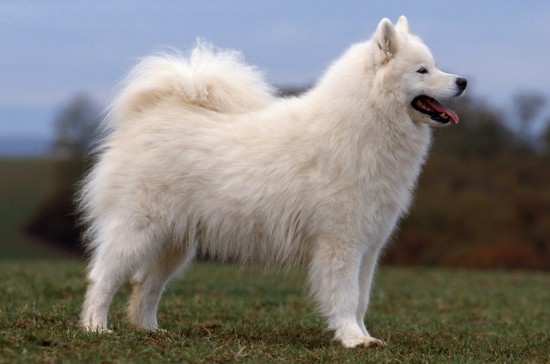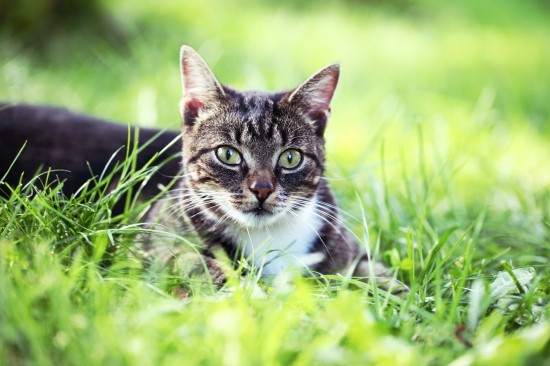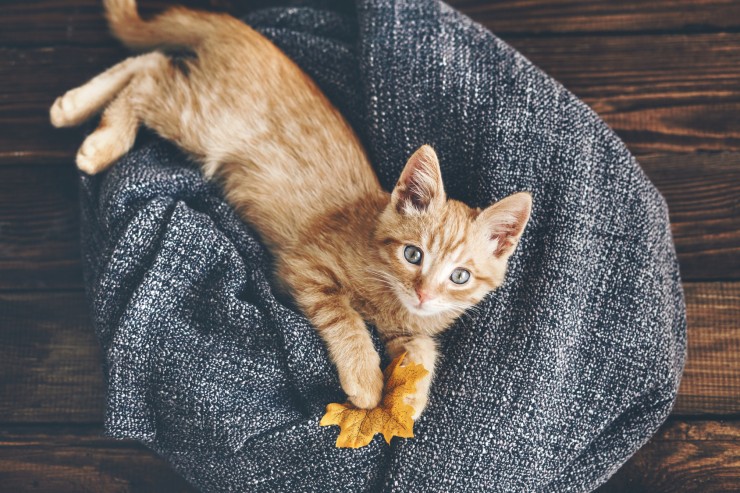

While dogs have lived side by side with people for thousands of years, the lifestyles that we lead today in relation to our dogs are dramatically different to how dogs have lived throughout the greater part of their histories. Living indoors, restrictions on behaviours, being fed reliably at the same times and not having to hunt for food and having a person, not a dog as the alpha is only the beginning of it. Historically, dogs of all breeds are pack animals, and living as the only dog within a household or with just one other dog for company is another dramatic difference; as is being expected to behave in a civilised manner with strange dogs that your dog comes across when out and about.
All of these things are aspects of dog ownership that most handlers do not pay much attention to, being as this is what we are used to and is considered to be the modern norm for keeping dogs as pets. However, it is worth learning a little more about how the ways in which we keep dogs in the present day impacts upon their natural behaviours, as ultimately, our dogs are still playing catch-up in terms of getting used to the modern status quo versus their evolutionary progression.
Read on to learn more about some of the most common manifestations of the impact of modern domestic life upon our dogs.
Dogs historically lived in large packs and peer groups, something that is not the norm today. Your dog will view you and your family, and any other dogs (or sometimes other animals) that you own as part of their pack, and this will take care of the pack and group desire of the dog. However, if a dog cannot form a pack of some sort of their people and friends, their behaviours will generally alter to account for this.
In the wild, dogs form packs of friends and relatives, and defend their territory against the encroaching presence of other dogs. Ergo historically, it would be expected that when a dog or dogs meet a dog that is not part of their pack, they would respond with defensive aggression and see the other dog off; or a fight would ensure for the territory in question.
Today this is unacceptable behaviour within a domestic environment, and our dogs are expected to play nicely with strangers, or at least tolerate the presence of other dogs. Socialising dogs with others from a young age usually takes care of this and ensures that it is not a problem, but if incorrectly or inadequately socialised, dogs will often revert to aggressive or defensive behaviour in the presence of strange dogs.
Pack dogs are never or rarely on their own, and dogs throughout history are used to having company around them 24 hours a day. When a dog lives without a pack, for instance if they are your sole pet, it is important to make up for the lack of canine companionship by spending plenty of time with them and giving them lots of attention. Dogs left alone for long periods of time or ignored a lot will become lonely, something that was almost never an issue historically.
Dogs throughout history defined their own territories or that of their pack very clearly, and would rarely tolerate any intruding dogs within their space. Dogs still display territorial behaviours today, for instance, taking ownership of your home and garden. However, this is a much smaller manifestation of the territorial instinct that dogs naturally posses, and dogs will generally still display much wider-ranging territorial behaviours, such as by urine marking areas outside of the home to try to “claim” them.
Hunting, scavenging, digging and barking are all very natural canine behaviours, which served important purposes when in the wild. Domestic dogs no longer have to find their own meals and protect them from others, nor see off potential competition for food. However, nobody told dogs this, and the natural and evolutionary desire to display historical natural behaviours, such as hunting and burying food, is still very strong within many dogs, and it can be confusing for them to be taught by their owners that such behaviours are undesirable.
When dogs live in the wild, you will never see an overweight member of the pack! Hunting and scavenging for food takes a significant amount of energy, and wild dogs are always on the lean side and eat what they can get when they can get it, as they will never know where their next meal is coming from. Today, our domestic dogs are fed set meals at regular times and do not need to worry about running out of food, but again, the instinctive drive of many dogs is to seek food and never miss an opportunity to eat! Coupled with the fact that domestic dogs are, by design, rarely likely to get as much exercise as thy would in the wild, weight issues and obesity in modern dogs is a common issue.
It is important to keep an eye on your dog’s weight and restrict their food intake or up their exercise if they are starting to look a little round around the edges due to having a reliable source of food and never having to worry about missing a meal!
 Why Has My Dog’s Coat Changed Colour?
Why Has My Dog’s
Why Has My Dog’s Coat Changed Colour?
Why Has My Dog’s
 Special Diets And Veterinary Diets For Dogs
Special Diets And
Special Diets And Veterinary Diets For Dogs
Special Diets And
 10 Faqs About Commercial Complete Dry Dog Food Preservatives
10 Faqs About Com
10 Faqs About Commercial Complete Dry Dog Food Preservatives
10 Faqs About Com
 Cat Scratch Fever - Bartonellosis In Cats
Cat Scratch Fever
Cat Scratch Fever - Bartonellosis In Cats
Cat Scratch Fever
 How To Teach The Kids To Play Nicely With A New Kitten
How To Teach The
How To Teach The Kids To Play Nicely With A New Kitten
How To Teach The
Copyright © 2005-2016 Pet Information All Rights Reserved
Contact us: www162date@outlook.com